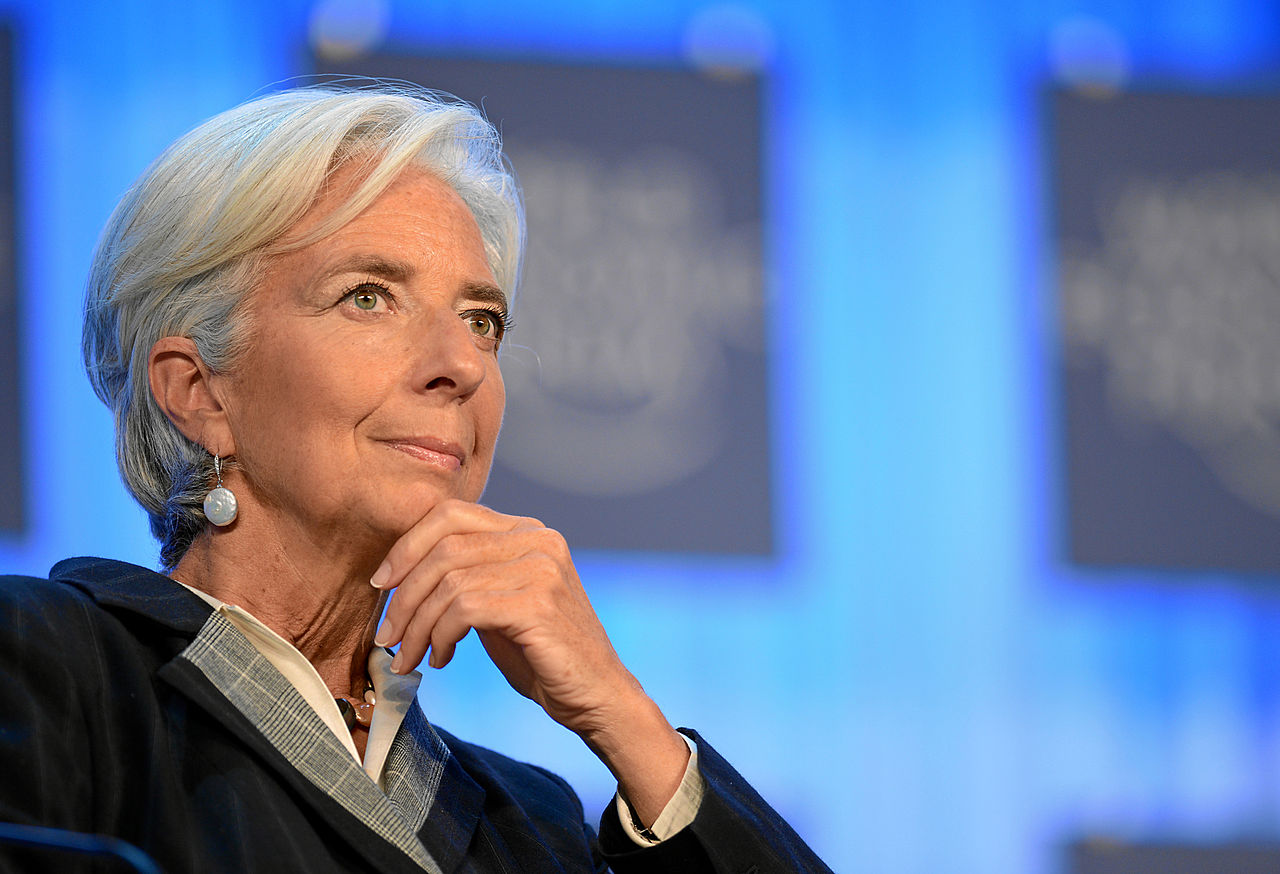After a long week at Davos, there are a number of interesting conclusions from this year’s World Economic Forum. China appears to have come out less of a worry than it was when it went in, with the IMF’s Christine Lagarde stating that the country is going through a transitional stage towards sustainable growth, and the temporary market volatility is a necessary risk. A panel of banking executives and commissioners all seemed to be in agreement that regulation has, so far, been the necessary response to the financial crisis, but Benoît Coeure of the ECB hinted that the next regulatory target will be the very structure of the system itself. Lord Hill gave a strong positive outlook for both the EU banking union and the capital markets union, despite the structures of the latter he believed to be coming truly into place in 2019.
Difficulties with MiFID II and more talk of delays have continued throughout the last seven days, while central banks and regulators have been responding in a variety of manners to an increasing range of internal and external market risks.
Trading
Results from equities broker, ITG’s, research last week revealed that, despite the approach of MiFID II and its discouragement of off-exchange trading, dark trading in the fund management industry has not only continued but, in fact, increased in the last year. And there have been further issues with MiFID, as it came to light that smaller firms may be falling behind in their compliance strategies because of the potential implementation date delay. On top of all this, ESMA head, Steven Maijoor, has stated that a year’s delay may not even be enough for the fundamental trading environment overhaul. Indeed, the longer it takes for the full ruleset to be published, the longer firms are left in the dark and the more likely a delay seems necessary. Despite this, the FCA have said that they expect to hear clarity about the delay from the EU this month.
Aside from MiFID II, tensions are rising elsewhere as the EU passed a clearing rule that may lead to complaints from across the Atlantic. Tackling the monopolisation of the clearing market, the rule will – as of next month – prohibit US clearing houses from clearing interest rate swaps for the largest EU banks, thus moving more clearing activity to the EU and reducing US competitiveness. This has revitalised clearing house politics, creating a stalemate between EU and US regulators as to who will recognise each other’s clearing rules first.
China, while in the midst of tightening a number of regulations, has revealed this week it is pondering the setup of a digital currency, despite its 2013 bitcoin ban. With eight out of ten global bitcoin trades involving the Chinese Yuan, it would be hard for the regulators to ignore the reality that digital finance is very much present and thriving in the country. The authorities have recently announced a tightening of their regulation on internet finance, amidst a spate of fraud-related incidents in the P2P lending business.
Structural
On 14 January, the IIF, ISDA and GFMA issued a joint statement on the Basel Committee’s fundamental review of the trading book. The key message was a warning that, despite being repeatedly reassured that capital requirements would not increase again, the new Basel rules for 2019 will up them by 40%. The associations voiced their concerns over the effects this may have on market liquidity and bank capital spending.
Elsewhere, the European Insurance and Occupational Pensions Authority (EIOPA) have now set out their strategy for laying down an effective framework for conduct of business supervision. At the heart of this is an emerging concept – smart regulation – which moves the focus away from a tick-box approach to rule setting and towards a more effective reappraisal of existing regulations and how they can be restructured to better serve consumers. EIOPA’s smart regulation approach centres on risk-based analysis to prioritise issues to be addressed and as being preventive; that is, to identify emerging risks in the insurance market before they can have an impact.
Risk
Global market risks continue to top the news, characterised by the ECB’s Draghi this week, indicating further quantitative easing and the possibility of negative interest rates in response to withering EU growth. Draghi’s moves come amidst an article in The Economist this week questioning whether central banks have overstepped their mark with their monetary policy tools and are now distorting the economy.
The People’s Bank of China also announced a new injection of funds last week though, as this was as part of its new targeted monetary policy, the funds were directed straight into the interbank market. Some commentators have called for a more aggressive easing policy.
Another outcome of Davos was the membership announcement of the FSB’s flagship new task force for climate-related financial disclosures, consisting of top executives from Unilever, Brazilian bank, Badesco, French insurer, Axa, and the Singapore Exchange. The task force will announce their high level objectives in March and may bring significant authority to the currently disparate voluntary climate-risk reporting schemes that are in place.
Financial crime
It seems no week can go by now without at least one banking fine. Last week saw the US Securities and Exchange Commission fine a dozen superior bank directors and officers for their attempts to conceal major losses the bank was incurring from bad loans during the worst of the financial crisis.
Developments on the FCA story have seen a number of fresh criticisms of their recent decisions to scrap a comprehensive banking culture review and shelve their findings into banking inducements. Following this was the announcement on Thursday of a debate in the House of Commons to take place in February over the confidence of politicians in the FCA’s ability to achieve its mandate. Acting head, Tracey McDermott, while sticking to the FCA’s decisions, has admitted that the regulator may need to work on their communication to the public following the recent backlash.

